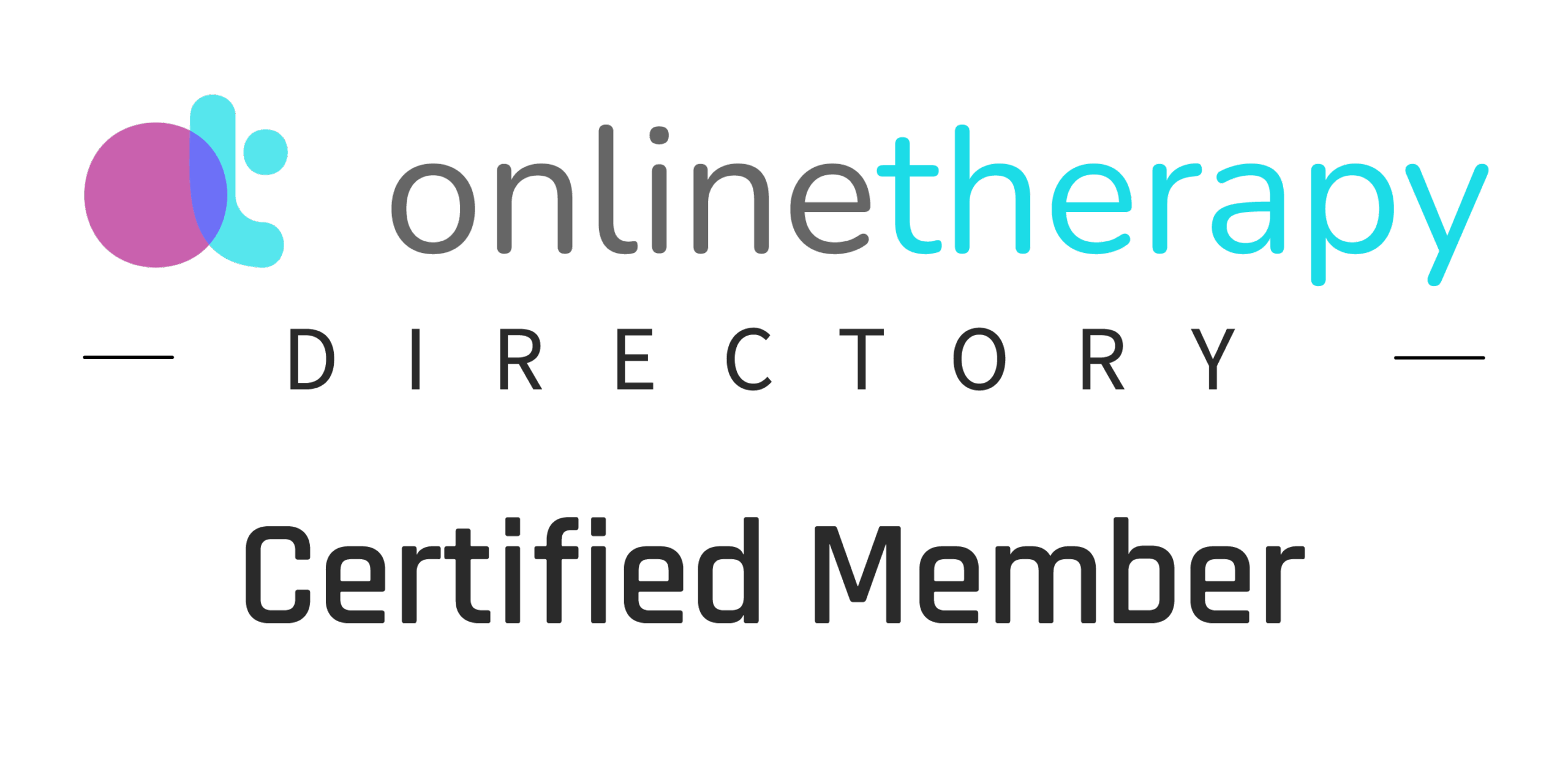Why It’s Important to Be Willing to Be Willing

One of the most important aspects of change and healing, especially when doing trauma therapy, is being willing to be willing. At first, this phrase might sound like a mouthful, but it really comes down to one simple thing: your openness. Are you open to receiving guidance, support, and answers—even if you don’t yet know what those answers are?
When people think about healing, they often imagine extremes. Either you’re fully committed to “doing the work,” or you’re labeled as lazy or resistant. But there is a healthy middle ground that’s often overlooked—the space where you simply pause and say: I might not have all the answers. I might not know the solutions. But I am open to receiving guidance. I am willing to try something new.
That middle ground is where transformation begins.
Openness as the Gateway to Healing
In my work as a psychotherapist in Westlake Village, Thousand Oaks, and surrounding areas like Agoura Hills, Calabasas, Oak Park, and Ventura, I see time and time again how much attitude shapes healing.
Imagine two people who come into individual therapy with the same struggle. One person sits down and says: Nothing’s going to work for me. Life is too hard. Nothing ever changes. The other person, facing the exact same issue, says: This is really hard. I don’t know what to do, but I’m here. I’m open. I’m willing to learn and try.
The difference between those two perspectives is massive. Not because one person has it easier, but because willingness opens the door for change. Even before any EMDR therapy, somatic trauma therapy, or dialectical behavior therapy strategies are introduced, willingness creates a foundation for growth. Without it, progress is almost impossible.
Why “Being Willing to Be Willing” Matters
It’s important to note: there’s nothing wrong with having moments of despair or discouragement. Everyone has times when they feel exhausted and want to give up. But staying in that state for too long makes it nearly impossible to create meaningful change.
Think of it like preparing for an exam. If you go in saying, This is pointless, I’ll fail anyway, you’re not going to put in the effort to study or seek help. But if you say, This is tough, but I’ll try to learn what I can, you’re already taking that first half-step. You may not know everything, but you’re positioning yourself to receive the knowledge and tools you’ll need to succeed.
In therapy, that willingness shows up when clients agree to try mindfulness practices, explore trauma-informed care, or engage in relationship therapy—even if they’re unsure how it will help. The simple act of trying creates movement. And movement is the first sign of change.
The Stages of Change
From a clinical perspective, this concept ties into what psychologists call the “stages of change.” These include pre-contemplation, contemplation, preparation, action, and maintenance. For example:
-
In pre-contemplation, someone may be unaware they need change or deeply resistant.
-
In contemplation, they start to consider it.
-
In preparation, they begin looking for ways to change.
-
In action, they actively engage in new behaviors or therapies.
-
And in maintenance, they sustain those changes.
Being “willing to be willing” often sits between contemplation and preparation. It’s not about having the answers or even being ready to act right away—it’s about opening the door to the possibility of change.
This is especially powerful in areas like trauma therapy and recovery from narcissistic abuse, emotional abuse, or sexual abuse. Many survivors begin therapy unsure if anything will work, but with a small willingness to explore. Over time, that willingness grows into resilience, new skills, and lasting healing.
Letting Go of the Pressure to Know Everything
Another gift of willingness is that it takes the pressure off. You don’t have to have everything figured out on day one. You don’t need to know exactly how EMDR therapy will process a painful memory, or how somatic trauma therapy will reconnect you with your body. You just need to be open.
When you release the need to control every step, you create space for growth. You move from, I have to know everything now, to I trust that guidance, tools, and answers will come. That shift alone can make the therapy journey more compassionate and sustainable.
Moving Forward
Whether you’re beginning individual therapy, exploring relationship therapy, or seeking support through online sessions or in-person sessions in Los Angeles or Ventura County, remember: healing doesn’t require perfection. It doesn’t require having all the answers.
It starts with a willingness.
Be willing to be willing. Be open to trying something new. Allow yourself to pause, to receive guidance, and to take that first half-step toward change.
Because when you shift from nothing works to I’m open to see what might work, you’ve already started healing.
About the Author
I’m Valeriya Bauer, a psychotherapist offering trauma-informed care, EMDR therapy, somatic trauma therapy, and mindfulness-based approaches for individuals and couples. I provide both online sessions and in-person sessions for clients in Westlake Village, Thousand Oaks, Agoura Hills, Calabasas, Oak Park, Ventura, Los Angeles, and across California.




